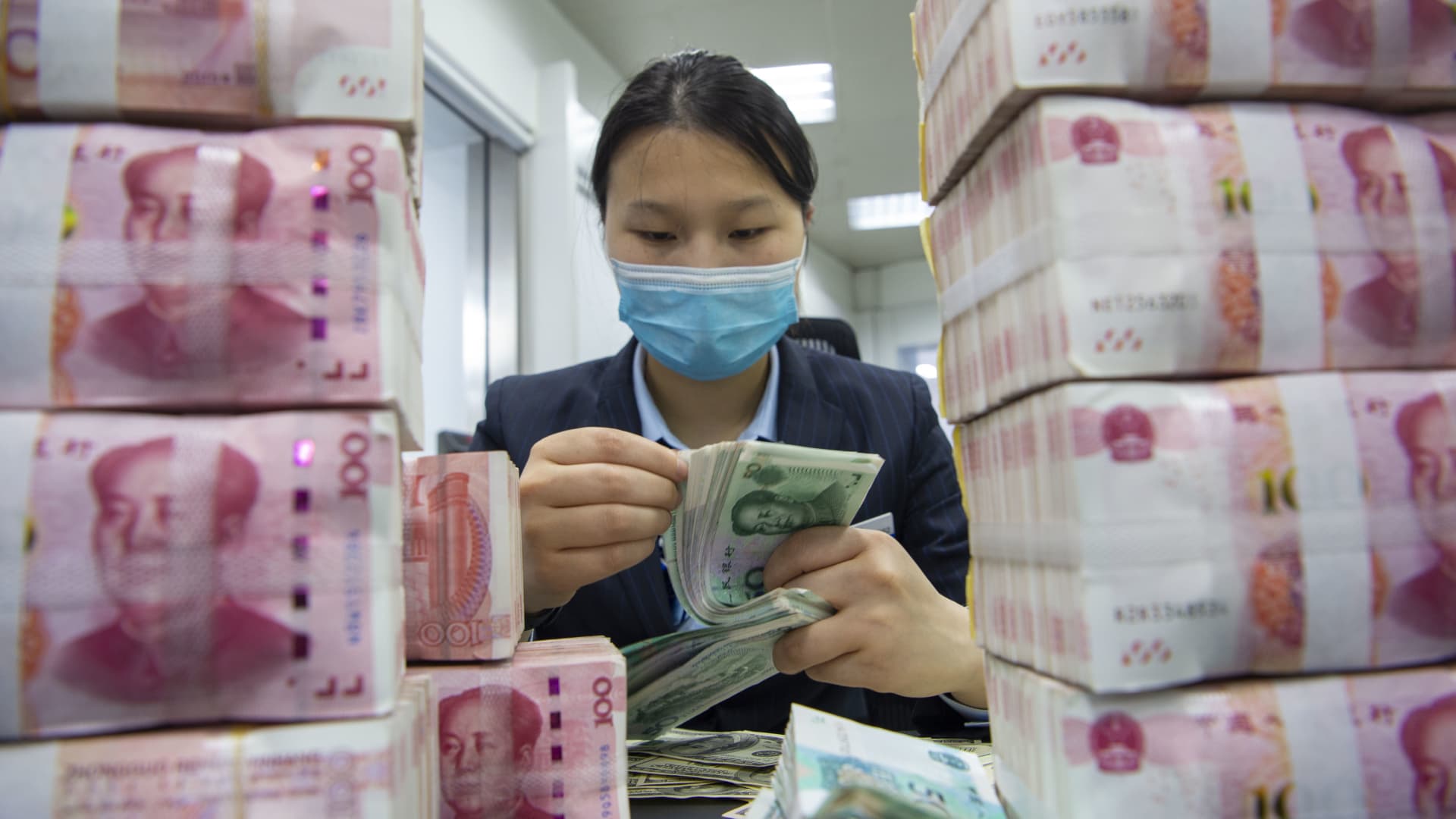China and the U.S. have a complicated economic relationship: competitive but codependent. But as tensions between Beijing and Washington rise, U.S. companies targeting China for future growth are facing strong headwinds. Just consider three core holdings in the portfolio: Apple , Starbucks , and Nvidia . All three companies maintain strong ties to the world’s second-largest economy. Nvidia generates 21% of its overall revenue from Mainland China, while Apple gets 19%, and Starbucks 9%. More importantly, all view China’s growing middle class as a still relatively untapped market for its products. And in the case of Apple, the place where most of its products are now made. But there’s no denying the in-country competition is heating up — a trend that has been intensified by the leaders of both countries. Trump-era export controls, tariffs on Chinese goods, and President Joe Biden’s focus on tech, specifically restricting certain U.S. investment in Chinese entities like semiconductors and restricting the export of cutting-edge AI chips, have all contributed. Meanwhile, Xi Jinping, president of the People’s Republic, continues to push for China’s economic independence — especially when it comes to tech. A sluggish economic recovery from the Covid pandemic lockdowns has also made local brands more attractive to deal-hungry consumers. Competition for the iPhone heats up For Apple, that has meant a more saturated smartphone market, with domestic players like Huawei spin-off Honor, Oppo and Vivo offering cheaper alternatives to its flagship iPhone. Sales for the iPhone dropped 30% year over year in early 2024, according to Jefferies last month. Sales for rivals such as Huawei have “remained much stronger,” the analysts wrote. In Apple’s December quarter , China was the weak spot, down 13% and coming in short of expectations. At the state level, media reports of Chinese government iPhone bans emerged last year. Although Chinese officials have denied these claims, the…
Read the full article here

Leave a Reply